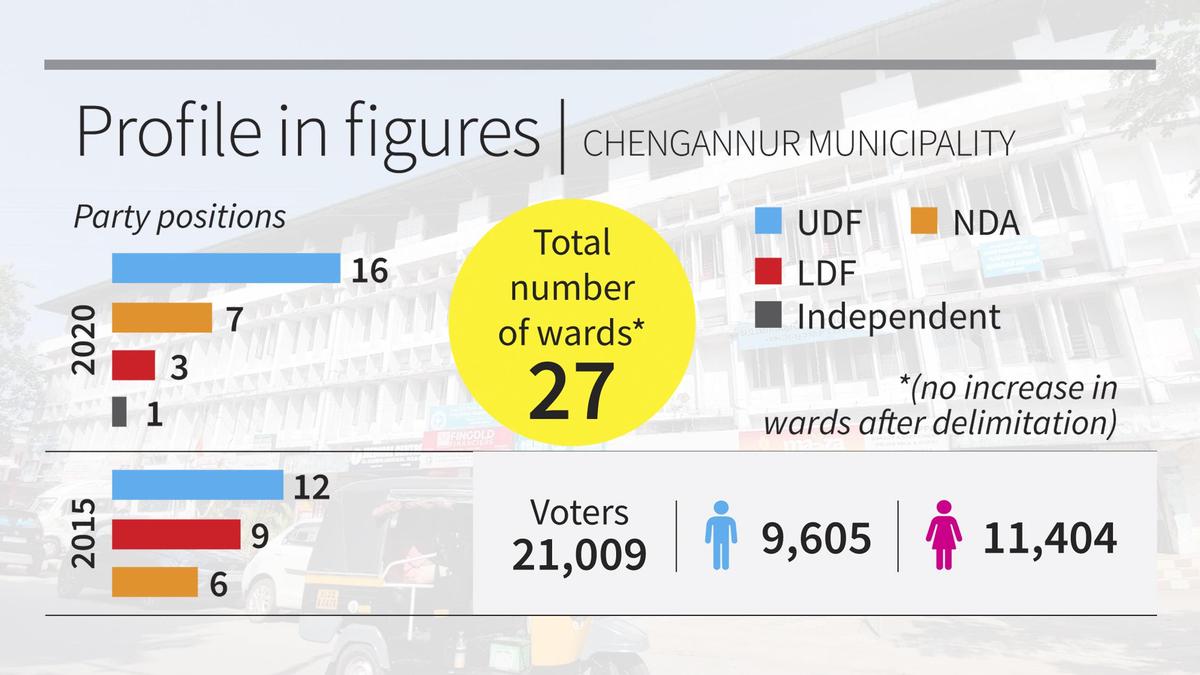ARTICLE AD BOX
When the Punjab government decided on Tuesday that no private person will be allowed to operate more than five drug de-addiction centres in the state, the move was meant to bring transparency to a system that has come to be mired in controversy. Nowhere is the crisis more apparent than in the case of 22 private centres being investigated by the Enforcement Directorate after allegations emerged of fake patient admissions, procuring more drugs than required, and peddling them in the open market, The Indian Express found.
All 22 were run by one man, Chandigarh-based doctor Amit Bansal. The facilities were spread across 16 districts in Punjab and one in Chandigarh, and are now all shuttered. While other private players were running de-addiction centres in Punjab too, this was the highest by a single entity.
While trouble for Bansal’s clinics first started in 2022, when two employees of a de-addiction centre in Ludhiana were arrested for alleged irregularities, he came under sharper scrutiny last year, when videos went viral from one of his facilities purportedly showing staff selling medicines in the open market.
Unlike the state government’s de-addiction centres, which give away the tablets to recovering addicts for free, such private centres, which came into existence in 2015-16 under rules framed in 2011, are supposed to charge Rs 40 per pill. Except, Bansal’s centres allegedly showed inflated patient load, procured more pills than required, and sold them in the open market for a much higher price to addicts and partygoers, investigators say. While Punjab has 529 Outpatient Opioid Assisted Treatment clinics, there are now 177 licensed private centres to ease the burden on the state.
Supply chain
Highly placed sources in the Enforcement Directorate told The Indian Express that Buprenorphine+Naloxone (BNX) tablets meant for recovering addicts were supplied to the centres from a prominent pharmaceutical company, Rusan Pharma Limited. Sources say the company has been issued a show-cause notice by the state’s Health Department to explain how, over an eight-month period between April 2024 and November 2024, 2.87 crore BNX tablets were supplied to various de-addiction centres.
Sources said the ED looked at the firm’s bank accounts and found that it received Rs 90 lakh from the account of Ekam Hospital, one of Amit Bansal’s de-addiction centres, over three months. A total of Rs 300 crore was received by the company over a five-year period (2020-2025) from de-addiction centres across Punjab, of which Rs 165 crore came from Bansal, the ED is learnt to have found.
Rusan Pharma Ltd, headquartered in Mumbai, has a manufacturing facility in Dehradun that has been running since 2008, Assistant General Manager B S Sengar told The Indian Express. According to the company’s website, the Dehradun facility manufactures 4,300 million tablets (of all types) and 21 million capsules every year, the highest among its five facilities.
Story continues below this ad
The company was established in 1994 and became the first to get approval from the Drug Controller General of India to market Buprenorphine and Buprenorphine+Naloxone Sublingual Tablets in India.
To a series of queries by The Indian Express, the company said that it supplies these essential de-addiction medicines only to registered doctors and authorised institutions for legitimate medical use and follows stringent protocols for supply. “As none of the de-addiction centres are owned by the company, we have no involvement in how these medicines may be used at the dispensing level. We are fully cooperating with the ongoing investigation and have submitted detailed supply and distribution records from our manufacturing facilities to a few licensed de-addiction centres, as desired by the Enforcement Directorate (ED),” it said.
Dr Bansal secured bail from the Punjab and Haryana High Court in March this year. As per the Vigilance Bureau, a Lookout Circular has been issued to check Bansal’s foreign travel. Bansal’s lawyer, advocate H S Dhanoa, said the case is in court and he cannot comment further.
ED sources said that they have attached multiple bank accounts linked to him, his family members, and the now-defunct drug de-addiction centres. The ED is yet to find any company registered under his name.
Story continues below this ad
Stalled probe, insufficient checks
While the ED probe is underway, another probe into Bansal’s operations, ordered in January 2025 by the Director of Punjab’s Health Department, has hit bottlenecks, officials say. Investigators sought patient admission and discharge records, along with details of tablets dispensed, but district officials failed to provide the data, officials say.
“It is nearly impossible to get records from centres that have already been shut and whose licenses stand suspended. Without patient and tablet records, this probe cannot move forward,” admitted a senior health official, who is part of the inquiry committee.
Punjab Health Minister Dr Balbir Sidhu, Principal Secretary, Health, Kumar Rahul, and Director, Health, Dr Hitinder Kaur did not respond to multiple queries from The Indian Express.
Health Department officials said most of the private deaddiction centres, including Bansal’s 22, mushroomed between 2016 and 2022, overlapping with the last year of the SAD-BJP government and then the Congress regime (2017–2022). Most irregularities came to light under the current AAP government.
Story continues below this ad
According to officials, while the process for granting licences is robust, the checks and balances that follow weren’t adhered to.
The Punjab Health Department grants licenses to private drug rehabilitation and counselling centres, with officials saying no tenders are invited. This is because the initiative is part of the state’s Comprehensive Action Against Drug Abuse (CADA) plan, under which stress has been laid on encouraging doctors to open psychiatric nursing homes and drug de-addiction and rehabilitation centres.
Applicants submit their application to the Director of Health and Family Welfare (DHS), Punjab. A district-level committee under the Deputy Commissioner inspects the premises. Following the committee’s report to the DHS, if all conditions are met, a licence is issued by the Health Department for three years, which can be renewed after following the same procedure.
According to the official, the centres must have a registered psychiatrist, an adequate number of qualified health professionals, and a daily online record of stock, bills, and invoices.
Story continues below this ad
They should be inspected regularly, and while district-level committees and Deputy Commissioners were “empowered” to conduct inspections anytime, these happened rarely, officials told The Indian Express.
“These centres were supposed to be monitored under district-level committees, with DCs empowered to conduct inspections. The Food and Drug Administration (FDA) was tasked with cross-verifying data from suppliers. But in practice, we only checked when complaints came in. Otherwise, we assumed everything was fine,” admitted a member of the committee formed to probe Bansal’s centres by the Director, Punjab Health Department, in January this year.
Sources also said that when complaints surfaced against Bansal’s chain in different districts, records of his other centres were not scrutinised. Officials cited “workload” and called private centre inspections “extra work.” Sources also said no financial audits were conducted on private de-addiction centres. “This is not negligence, it is wilful blindness,” remarked a senior bureaucrat.









 English (US) ·
English (US) ·